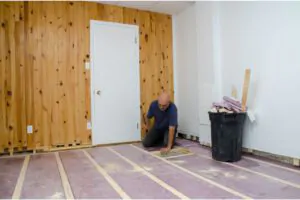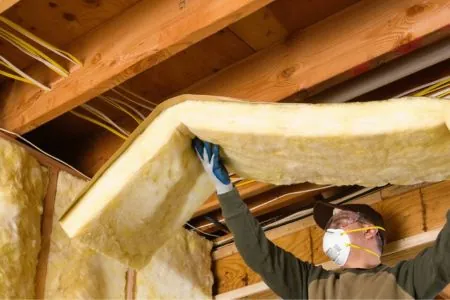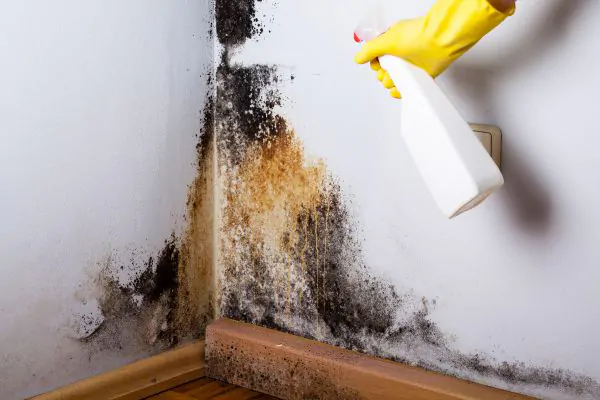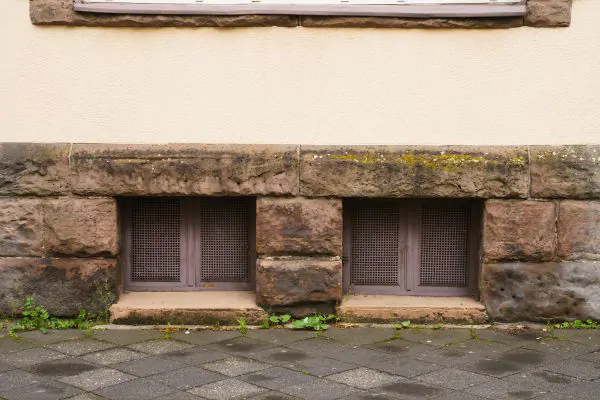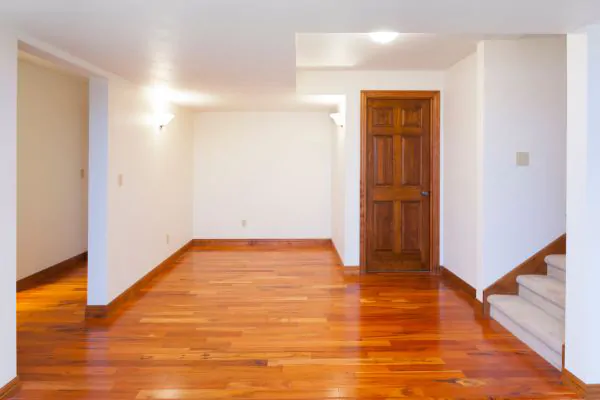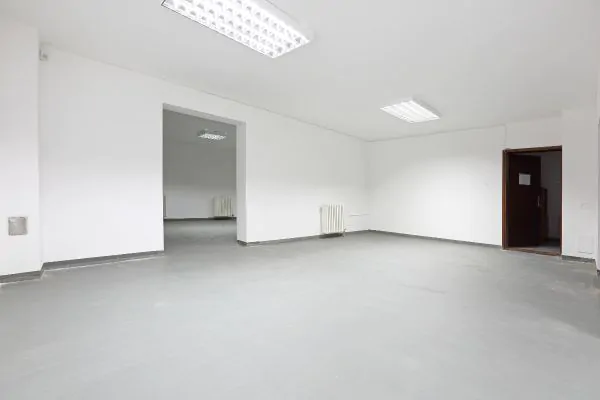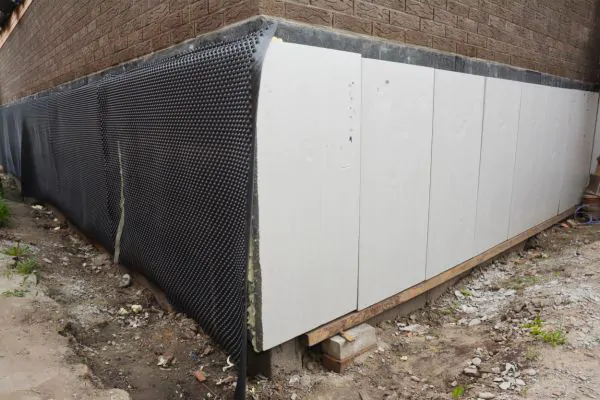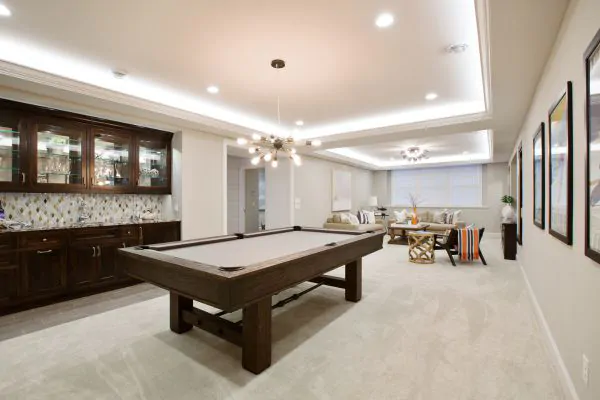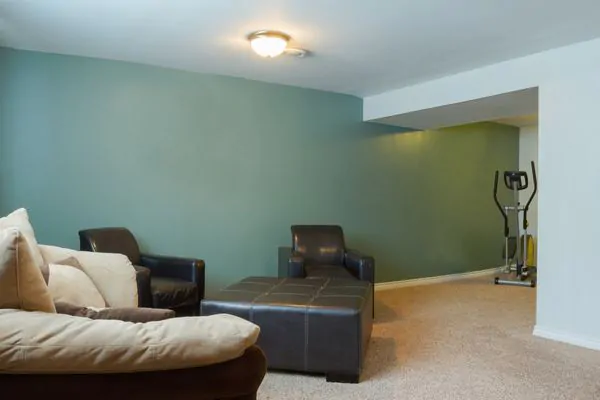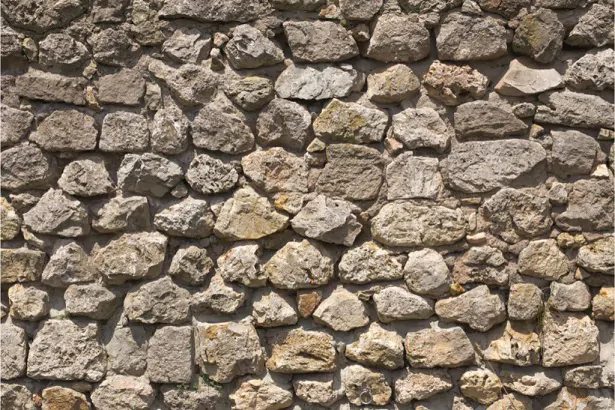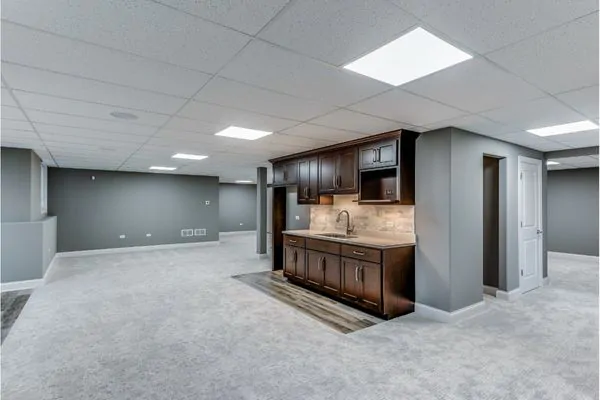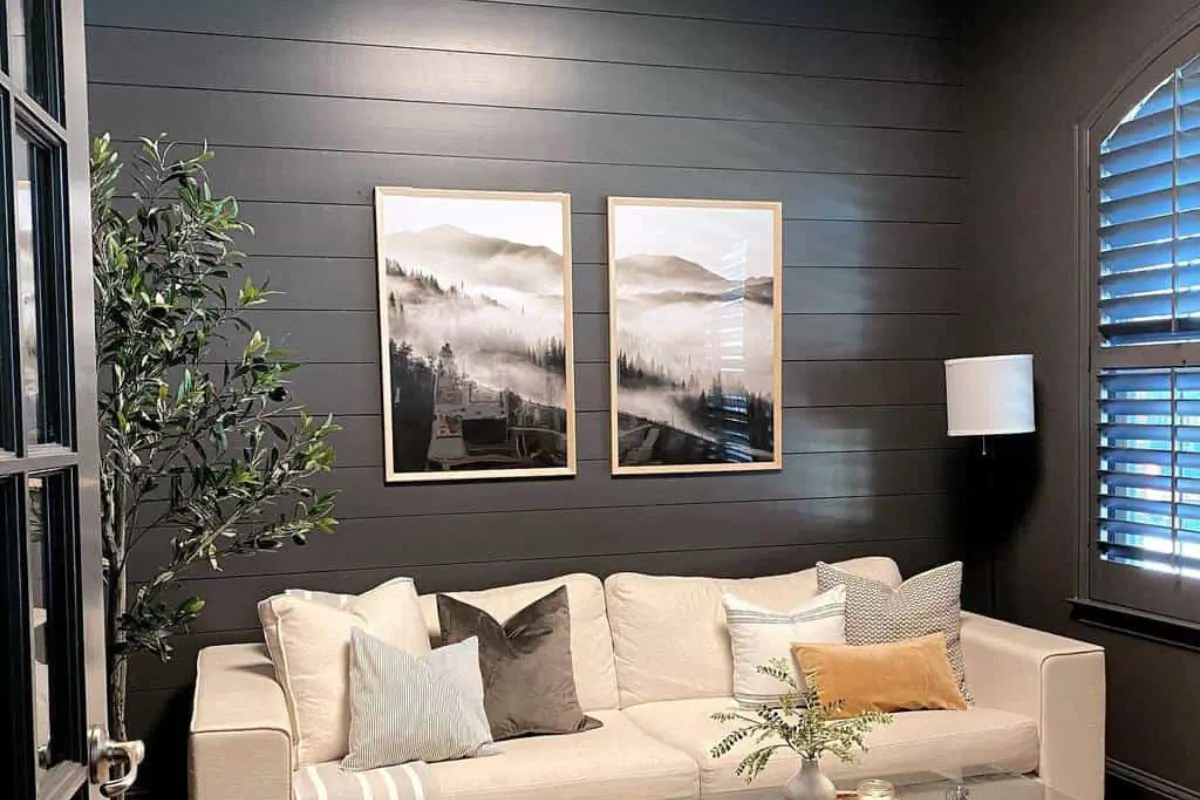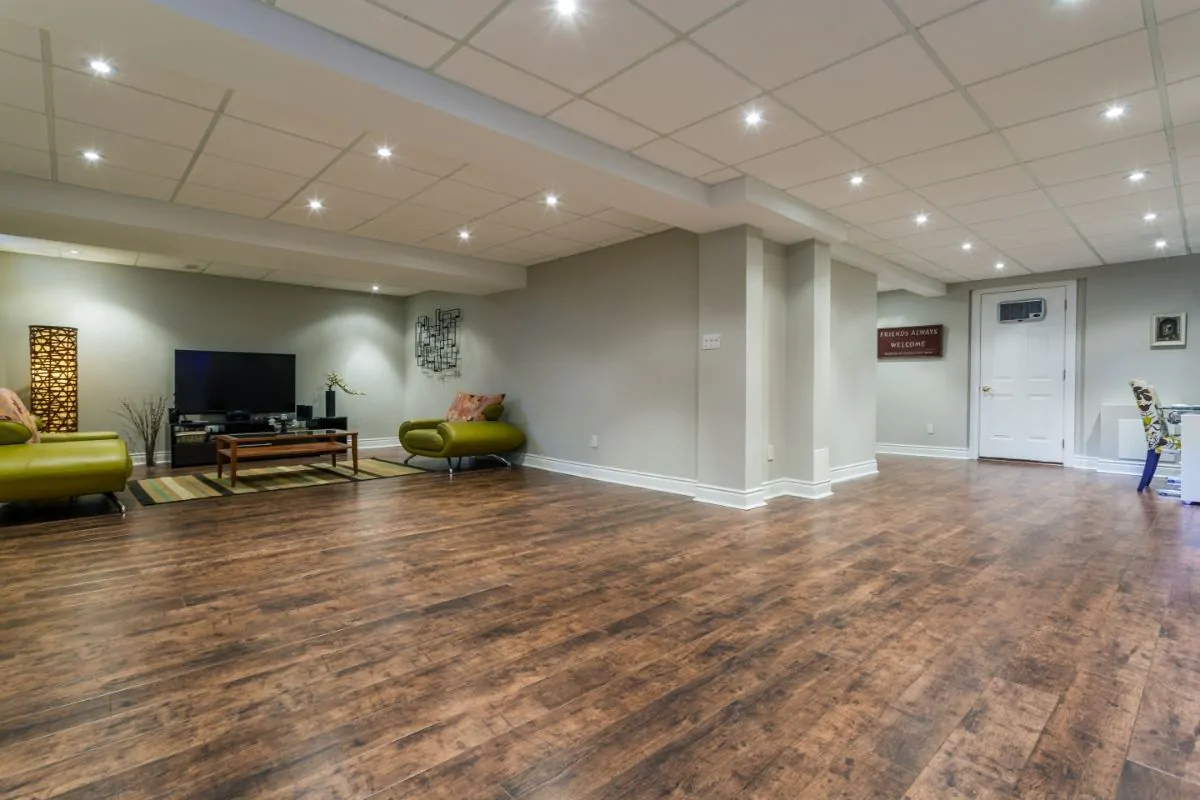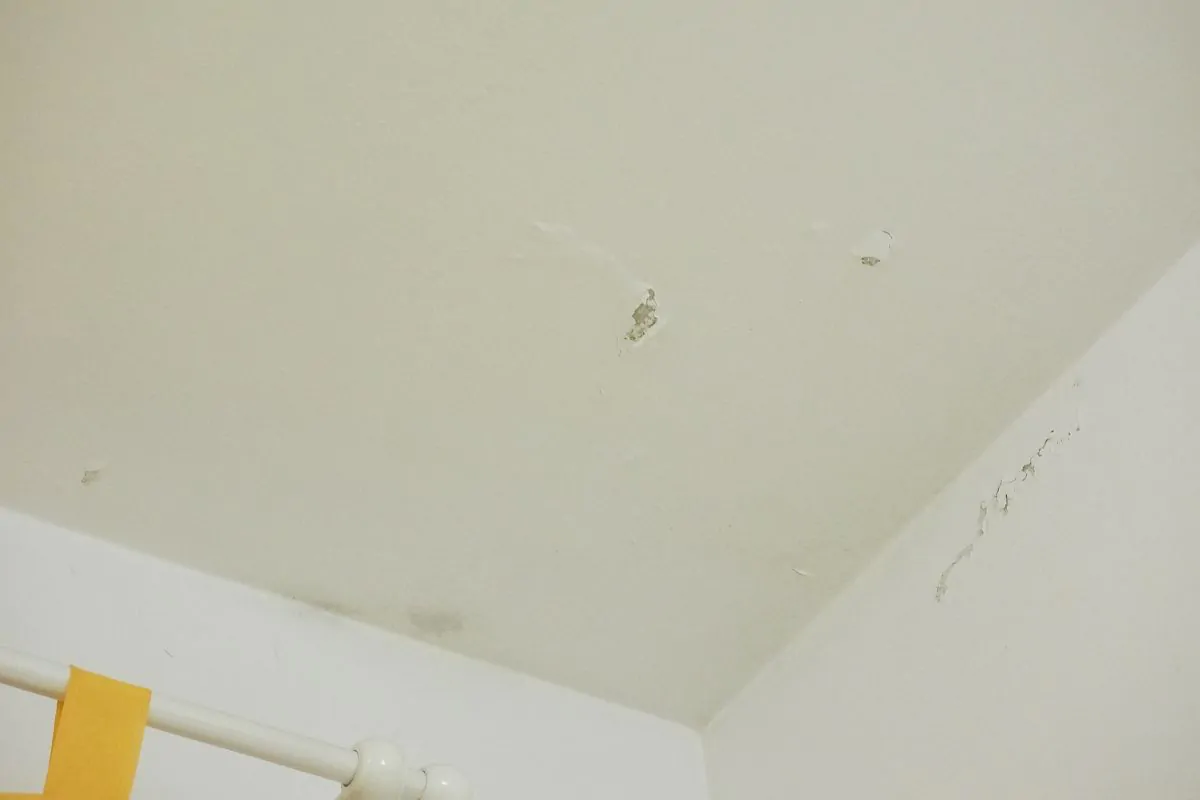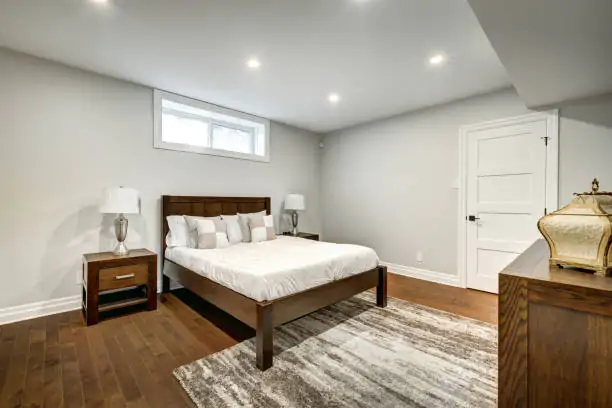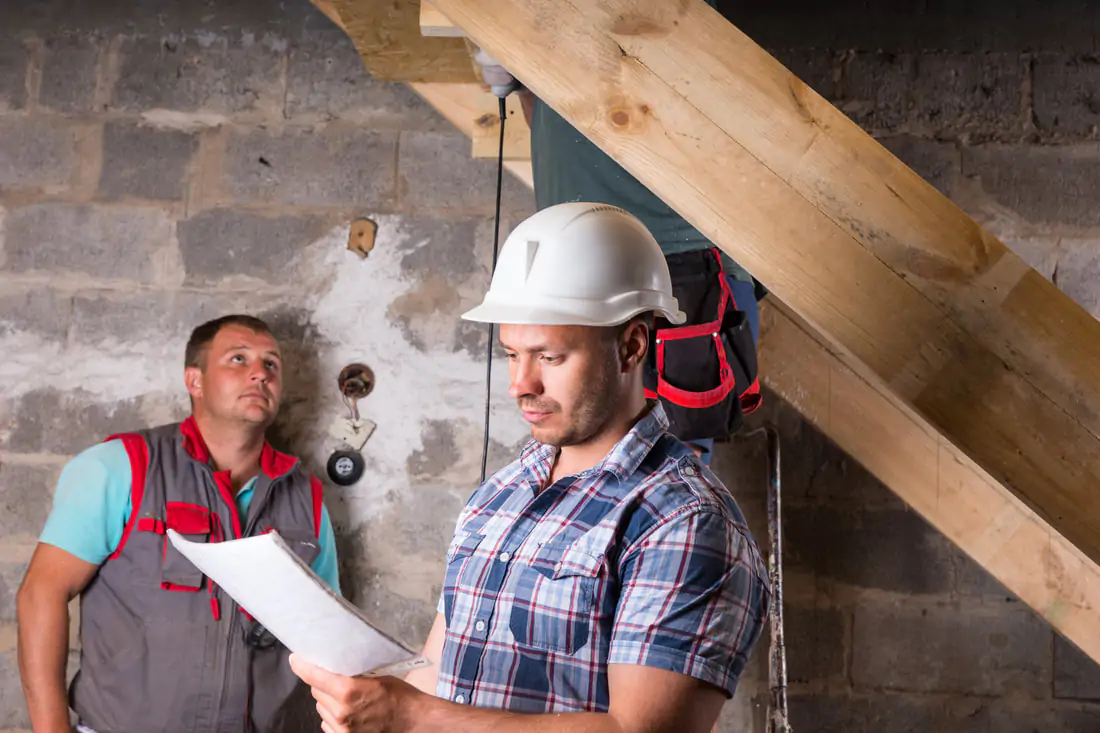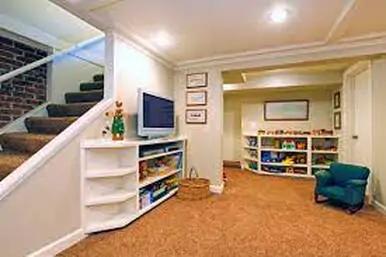floor, flood, basement, waterproofing, mildew, foam, best flooring for a basement, wood, carpet, water damage, mold, laminate flooring, tile, hardwood, vapor barrier, sheet vinyl flooring, cork, plumbing, porcelain tile, ceramic, concrete, water, concrete slab, engineered wood, wood flooring, porcelain, coat, adhesive, moisture, home improvement, paint, interior design, plywood, bathroom, epoxy, linoleum, furniture, soundproofing, plastic, renovation, aesthetics, kitchen, lumber, absorption, heat, floating floor, room, sump pump, fiber, cost, tool, warranty, best home gym rubber flooring, epoxy basement floor ideas, best flooring for concrete basement, best flooring for finished basement, basement flooring ideas over concrete, best flooring for wet basement, basement subfloor options, basement vinyl flooring ideas, basement tile floor ideas, basement floor covering ideas, basement flooring options, basement flooring ideas, basement flooring options over concrete, best basement flooring options, wet basement flooring options, basement flooring solutions, drainage, roof, clay, space, soil, construction, crawl space, woodworking, water vapor, humidity, sealant, raised floor, sump, acid, cement, shower, groundwater, oak, dehumidifier, customer service, home inspection, coating, grout, pressure, rain, best flooring for basement, waterproof basement, foot, design, ceiling, stairs, wear, stain, durability, oil, price, investment, bedroom, slate, lighting, exercise
Can I use carpet flooring in my basement?
Using carpet flooring in your basement is possible, but it's important to consider moisture levels. Opt for carpet tiles or moisture-resistant varieties to prevent damage and mold growth in this typically damp environment.
Are laminate floors durable enough for basement use?
Laminate floors can be durable enough for basement use, especially when selecting moisture-resistant options designed specifically for lower-level environments. Proper installation and maintenance further enhance their longevity in basements.
How do I prepare my basement for new flooring?
Preparing your basement for new flooring involves clearing the area of furniture and debris, ensuring the space is dry and clean, and addressing any moisture issues. This foundational work sets the stage for a successful installation.
What are the benefits of tile flooring in a basement?
The benefits of tile flooring in a basement are numerous. Tile flooring is waterproof, durable, and easy to maintain, making it ideal for damp environments. Additionally, it offers a wide range of styles and designs, enhancing the aesthetic appeal of your basement space.
Can I install hardwood floors in my basement?
Installing hardwood floors in your basement can be challenging due to moisture concerns. It's recommended to use engineered hardwood, which is more resistant to humidity, ensuring a durable and attractive floor option for your space.
How do I choose the right basement flooring material?
Choosing the right basement flooring material depends on factors such as moisture resistance, durability, and aesthetics. Consider materials like vinyl, tile, or engineered hardwood that can withstand humidity and enhance the comfort and look of your basement space.
Is laminate flooring suitable for basement use?
Laminate flooring is generally suitable for basement use, but it’s crucial to ensure proper moisture management. Choosing water-resistant laminate and using an appropriate underlayment can enhance its durability and performance in basement environments.
How do you install laminate flooring in a basement?
Installing laminate flooring in a basement involves preparing the subfloor, ensuring it’s dry and level, laying down a moisture barrier, and clicking the laminate planks together securely. Finally, trim the edges for a polished look.
Is concrete flooring suitable for basement living spaces?
Concrete flooring is a suitable option for basement living spaces due to its durability, water resistance, and low maintenance requirements. It can be stained or polished to enhance aesthetics, making it a practical choice for modern renovations.
Can you put hardwood flooring in a basement?
Hardwood flooring can be installed in a basement, but it requires proper moisture control to prevent damage. Consider using engineered hardwood, which is more resistant to humidity, or ensure the basement is well-waterproofed before installation.
Is ceramic tile good for basement floors?
Ceramic tile is an excellent choice for basement floors due to its durability, moisture resistance, and ease of maintenance. It can withstand the challenges of a basement environment while providing a stylish finish that enhances the overall look of the space.
Can epoxy paint be used on basement floors?
Epoxy paint can indeed be used on basement floors. It provides a durable, moisture-resistant finish, making it an excellent choice for enhancing both the appearance and longevity of your basement space.
How do I choose the best basement flooring material?
Choosing the best basement flooring material involves considering factors like moisture resistance, durability, and aesthetics. Evaluate your space's conditions and intended use to select a flooring option that enhances both functionality and visual appeal.
What are the benefits of tile flooring for basements?
The benefits of tile flooring for basements include its durability, moisture resistance, and ease of maintenance. Additionally, tile offers a variety of design options, enhancing the aesthetic appeal of the space while providing excellent insulation against temperature fluctuations.
Is engineered wood flooring suitable for basements?
Engineered wood flooring can be suitable for basements due to its resistance to moisture and temperature changes. However, it's essential to ensure proper waterproofing and ventilation in the basement to maximize its durability and prevent potential damage.
What is the best flooring type for a damp basement?
The best flooring type for a damp basement is vinyl or ceramic tile. These materials are water-resistant, durable, and can withstand the moisture levels typically found in basements, making them ideal for preventing damage and maintaining a comfortable environment.
Is it recommended to use tile for basement floors?
Using tile for basement floors is often recommended due to its durability, water resistance, and ease of maintenance, making it an excellent choice for transforming basements into functional and attractive spaces.
What is the best flooring option for a damp basement?
The best flooring option for a damp basement is vinyl flooring. It is water-resistant, durable, and can withstand moisture, making it ideal for humid environments. Additionally, it is easy to clean and comes in various styles to enhance your basement's aesthetics.
Is concrete flooring a good option for basements?
Concrete flooring is a viable option for basements due to its durability, moisture resistance, and low maintenance needs. It also provides a solid foundation for various finishing styles, making it a functional choice for enhancing basement spaces.
Is ceramic tile a good option for basement flooring?
Ceramic tile is a great option for basement flooring due to its durability, water resistance, and ease of maintenance. It can enhance the aesthetic appeal of your basement while withstanding moisture, making it a practical choice for this space.
What is the cheapest flooring option for a basement?
The cheapest flooring option for a basement is typically vinyl flooring. It is durable, water-resistant, and affordable, making it an excellent choice for homeowners looking to enhance their basement without overspending.
What is the best waterproof flooring for basements?
The best waterproof flooring for basements includes materials like luxury vinyl plank, ceramic tile, and laminate with a moisture barrier, as they provide durability and aesthetic appeal while effectively resisting water damage.
What is the most durable flooring for a basement?
The most durable flooring for a basement is vinyl plank flooring. It is water-resistant, easy to maintain, and highly resistant to scratches and dents, making it an ideal choice for providing lasting durability in a basement environment.
What are the benefits of epoxy painted basement floors?
The benefits of epoxy painted basement floors include enhanced durability, resistance to moisture and stains, easy maintenance, and a seamless appearance that can brighten and transform your basement into a stylish and functional space.
Can I install carpet on a concrete basement floor?
You can install carpet on a concrete basement floor. However, it's essential to use a carpet pad for insulation and moisture protection to ensure durability and comfort in your finished space.
What are the advantages of vinyl basement flooring?
The advantages of vinyl basement flooring include its durability, water resistance, and ease of maintenance, making it an ideal choice for basements prone to moisture. Additionally, vinyl offers a variety of styles and designs to enhance the aesthetic appeal of the space.
How do you clean concrete basement flooring?
Cleaning concrete basement flooring involves sweeping away dust and debris, followed by mopping with a mixture of warm water and a mild detergent. For stubborn stains, use a stiff brush and a solution of vinegar or a commercial cleaner.
What flooring options resist basement moisture well?
Flooring options that resist basement moisture well include vinyl, tile, and concrete. These materials are durable, water-resistant, and ideal for maintaining a dry, comfortable environment in your basement.
How does humidity affect basement flooring choices?
Humidity significantly impacts basement flooring choices by influencing the material's durability and maintenance needs. High humidity can lead to mold growth and warping in certain flooring types, making water-resistant options like vinyl, tile, or sealed concrete ideal for basements.
Which flooring is easiest to maintain in basements?
The flooring that is easiest to maintain in basements is luxury vinyl plank (LVP). It is water-resistant, easy to clean, and durable, making it ideal for the unique conditions of basement spaces.
best flooring option for basement, best option for basement flooring, best flooring for basement, best flooring for a basement, best floor for basement, best type of flooring for basement
